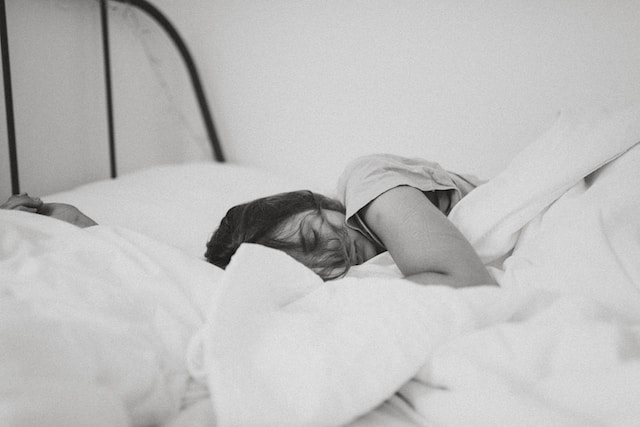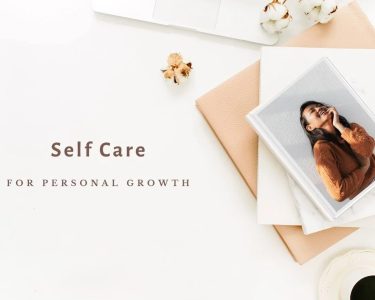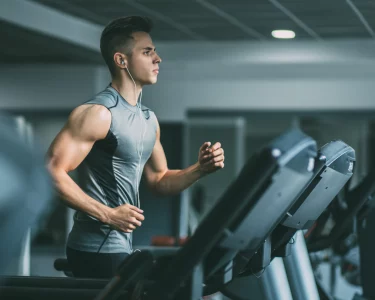In the quest for better mental well-being, we often overlook the significant impact our sleep posture can have on anxiety levels. While anxiety disorders continue to affect millions of people worldwide, understanding the relationship between sleep positions and anxiety management can pave the way for improved sleep quality and reduced anxiety symptoms. In this article, we explore how your sleeping position can affect your anxiety levels and provide tips and tricks to help you find optimal sleep posture for better mental health.
The Connection Between Sleep and Anxiety
Sleep and anxiety share an intricate connection, each influencing the other in a complex dance. Adequate sleep is crucial for maintaining emotional balance and managing anxiety levels. Conversely, anxiety can disrupt sleep, leading to a cycle of heightened stress and sleep deprivation. By recognizing the impact of sleep positions on anxiety, we can take steps to optimize our sleep routines for better mental well-being.
- Back Sleeping: The Calming Pose
Sleeping on your back, also known as the supine position, is often recommended for anxiety management. This posture allows for a neutral spinal alignment and promotes open, unrestricted breathing. Back sleeping can alleviate muscle tension and promote relaxation, contributing to reduced anxiety symptoms. To enhance the benefits, use a supportive pillow that maintains the natural curvature of your neck and spine.
- Side Sleeping: A Cozy Embrace
Side sleeping is a popular position that can aid in anxiety management. When you sleep on your side, particularly the left side, you promote better digestion and reduce the risk of acid reflux, which can trigger anxiety symptoms. This position also aligns the spine, minimizing pressure on the lower back and hips. Ensure you have a pillow that adequately supports your head and neck to maintain proper spinal alignment.
- Stomach Sleeping: A Word of Caution
Sleeping on your stomach, also known as the prone position, is generally not recommended for anxiety sufferers. It can strain the neck and spine, potentially leading to discomfort and long-term issues. However, if you find stomach sleeping to be the most comfortable position for you, consider using a softer pillow or a specialized pillow designed for stomach sleepers to reduce strain on your neck and back.
- Elevated Upper Body: Breathing Easier
Elevating your upper body while sleeping can help ease anxiety-induced breathing difficulties. Use extra pillows or an adjustable bed to achieve a semi-upright position. By doing so, you can improve airflow, reduce the risk of acid reflux, and promote easier breathing, ultimately contributing to anxiety reduction. Remember to adjust the pillow arrangement to ensure optimal support and comfort.
- Personalization and Experimentation
Finding the ideal sleeping position for anxiety is a personal journey that may require some experimentation. Everyone’s body is unique, and what works for one person may not work for another. Consider combining different positions or utilizing supportive pillows to create a customized sleep environment that maximizes relaxation and minimizes anxiety. Listen to your body and adapt your sleep posture accordingly.
Additional Tips for Managing Anxiety Through Sleep
While sleep position plays a vital role in anxiety management, incorporating good sleep practices can further enhance your well-being. Here are some additional tips to help you sleep better and reduce anxiety:
- Establish a consistent sleep schedule and prioritize a bedtime routine.
- Create a sleep-friendly environment by minimizing noise, light, and distractions.
- Engage in relaxation techniques before bed, such as meditation or deep breathing exercises.
- Limit caffeine and screen time in the evening to promote better sleep quality.
- Consult with a healthcare professional or sleep specialist for personalized advice and guidance.
In conclusion, understanding the impact of sleep positions on anxiety levels can be a game-changer for better mental well-being. By adopting the appropriate sleeping posture and incorporating good sleep practices, you can create an environment that promotes relaxation and reduces anxiety. So tonight, embark on your journey to improved sleep, discover your optimal sleep position, and unlock the key to better mental health.




